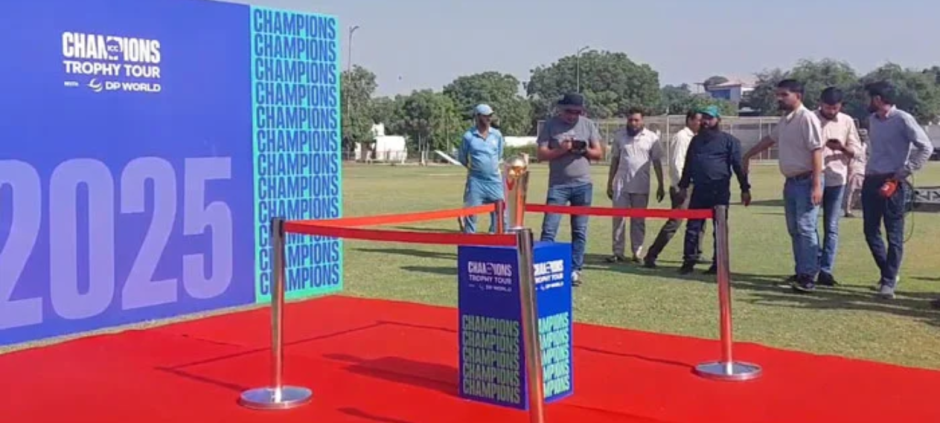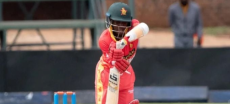The upcoming ICC Champions Trophy 2025 is facing significant challenges, particularly due to India’s refusal to travel to Pakistan for the tournament. This issue is expected to be discussed in an upcoming ICC Board meeting, where the controversial hybrid hosting model will be a key agenda item.
The Pakistan Cricket Board (PCB) has been firm in insisting that all matches be hosted in Pakistan, while India prefers to play its matches in the UAE. The hybrid model—which would see some matches played in Pakistan and others in the UAE—has gained traction as a potential compromise, but the PCB is unlikely to accept it. If they refuse to comply, there are growing threats that the entire tournament could be moved elsewhere, placing the PCB in a difficult position. The board would either have to withdraw from the event entirely or refuse to play against India, a scenario both parties are unwilling to accept.
Also Read: ICC Champions Trophy 2025 Trophy Displayed at Karachi’s National Bank Stadium
The situation is further complicated by the growing influence of Jay Shah, the Secretary of the BCCI (Board of Control for Cricket in India), who is set to assume a leadership role in the ICC starting December. Shah’s influence could sway the decision towards India’s preferences, given the financial clout the Indian cricket board holds. The ICC has been criticized for its perceived lack of action, with many stakeholders concerned that India’s financial interests might outweigh Pakistan’s stance on hosting the tournament.
The PCB has already invested heavily in the tournament’s preparations, spending around 13 billion PKR on stadium renovations. This substantial investment underscores their commitment to hosting the event and further highlights the financial stakes involved. PCB officials have been actively lobbying to gain support from other cricket boards, with England’s cricket board being one of the more recent meetings aimed at building alliances.
If the final decision goes against Pakistan, the PCB may consider legal action, especially if the issue of playing against India remains unresolved. Broadcasters have also raised concerns, particularly about the potential exclusion of India-Pakistan matches, which are considered the most lucrative and generate the highest viewership. These broadcasters have warned of legal action if such key matches are not included in the schedule.
The 17-member ICC Board, including representatives from countries such as Australia, South Africa, New Zealand, Sri Lanka, and Zimbabwe, will play a pivotal role in resolving the deadlock. The PCB has also rejected the hybrid model, emphasizing that there are no security concerns in Pakistan and that India should be willing to play in the country if other teams are ready to do so.
As the clock ticks, a phone call between Jay Shah and PCB Chairman Mohsin Naqvi is expected, with hopes of finding a resolution to the ongoing uncertainty surrounding the tournament’s format and scheduling. With ICC Chairman Greg Barclay overseeing these discussions, stakeholders are pushing for a resolution before Jay Shah’s official leadership begins on December 1. The ICC will be under pressure to finalize the schedule soon, especially given the broadcasters’ concerns and the need for mutual agreement between the boards involved.











